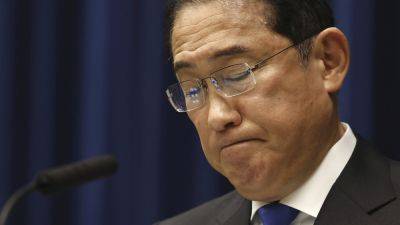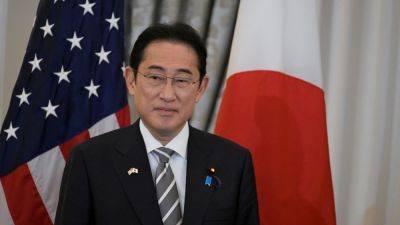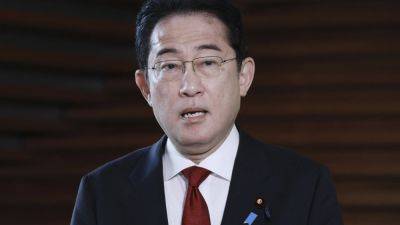Japan LDP at crossroads with Kishida’s impending exit – can opposition take advantage?
“Kishida has been struggling badly in public opinion polls for some time, and it was clear that he was under pressure, but the timing of this announcement is still a surprise,” said Hiromi Murakami, a professor of political science at the Tokyo campus of Temple University.
The prime minister’s public support level rose by 2.4 percentage points to 24.6 per cent in a Kyodo News poll in late July from a month earlier, while a Jiji Press poll put his support rate at 15.5 per cent earlier in July.
The LDP has been badly bruised by several scandals since Kishida assumed office in October 2021, notably over its close ties to the controversial Unification Church that only came to light after the assassination of former Prime Minister Shinzo Abe in July 2022. A more recent scandal involved slush funds amassed by dozens of party members.
Analysts say while Kishida may have wanted to stay on, he sensed that the party could force him out due to his low public support.
“The timing is perhaps surprising because it is so close to the party leadership election. But if we consider the LDP scandals and Kishida’s low support rate, then it is clear this is a critical moment for the party and maybe Kishida realises the LDP needs more radical change if it is going to win the next election,” Murakami said.
At a press conference at his office, Kishida said: “As a first step to impress on the public that the LDP has changed, I have decided not to run in the presidential race.”
He added that the party’s members should “work as one” under the next leader to restore public trust and tackle key issues facing Japan, including a shrinking birth rate, an ageing population, economic challenges and defence capabilities.
Yoichi Shimada, a professor of





